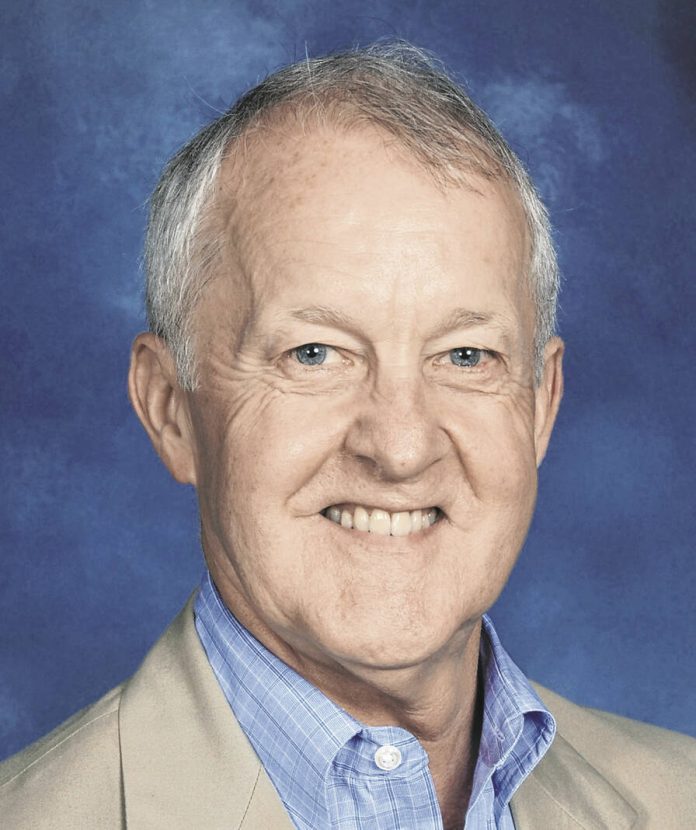This is the weekend when our clocks “spring forward.”
I put that in irony quotes because we won’t really spring forward, backward or to the side. What will happen is most of us who live in the US will acquiesce to the altering of our time-measuring devices because long ago someone decided it would be a good idea for us to change our clocks twice a year. Obviously, this “someone” thought it was a good idea. Is it?
As I read britannica.com on the history of Daylight Saving Time, I learn the original Daylight Saving concept is credited to Ben Franklin. He figured it would save on candles. I guess George and Tom the rest of the founders didn’t see the plan as a high priority, because it took more than 100 years and World War I for the U.S. and other countries to institute various versions of the daylight saving concept to conserve energy during the conflict.
It wasn’t until the oil crisis of the 1970s that studies were done to measure the efficacy of shifting time to save on energy. At that time a major study by the U.S. Department of Transportation found that daylight saving trimmed national electricity usage by around 1% compared with standard time. Many studies since then have shown that energy savings is very small with some studies showing an increase in energy consumption. Like many grand ideas, reality often doesn’t work out the way theory says it should.
Ben Franklin’s idea was based on candles. To save energy, his thinking went, don’t light your candles until it gets dark. Change your timepiece — as well as your mind — to tell you when it is dark.
Of course, Franklin also is credited with saying, “Early to bed, early to rise, keeps a man healthy, wealthy and wise” although he wasn’t the first one to come up with this adage. It came from an earlier time — way, way before daylight saving. These days, this is known as “sampling” earlier writers.
Other Americans have offered variations on this quote. Poet Carl Sandberg said, “Early to bed and early to rise, and you’ll never meet any prominent people,” while writer James Thurber, acknowledging the other half of the human species, said, “Early to rise and early to bed makes a male healthy and wealthy and dead.”
I am not a big fan of Daylight Saving Time, and polls tell me I am not alone. First off, we’re not really “saving” anything. For accuracy, if nothing else, we should refer to it as Daylight Shifting Time. (Full disclosure: I did not come up with this name change. An old friend did.) Sure, I like waking up on a November Sunday morning when my mind and body is telling me it is 8 a.m. and then remembering that, according to the clock it is only 7 a.m. When we “fall back” it is great. It’s the “spring forward” time that is a pain.
Another annoyance of DST is that it assumes it works for everyone. Perhaps golfers like the extra hour of light in the summer, but those who run early in the morning before work during winter Daylight Shifting Time know they must negotiate their pathways in the dark or risk stepping on fallen walnuts. (Full disclosure: I did not come up this example. Becky did.) Extra darkness can be a real physical pain.
A minor pain, true, but still. Living in a digital world as well as an analog one, the hassle of changing clocks is way more effort than I care to make, even twice a year. Eventually, maybe all my timepieces will be linked to satellites which will alleviate the annoyance. Possibly. Either that or I will start using candles.
Norman Knight, a retired Clark-Pleasant Middle School teacher, writes this weekly column for the Daily Journal. Send comments to [email protected].




